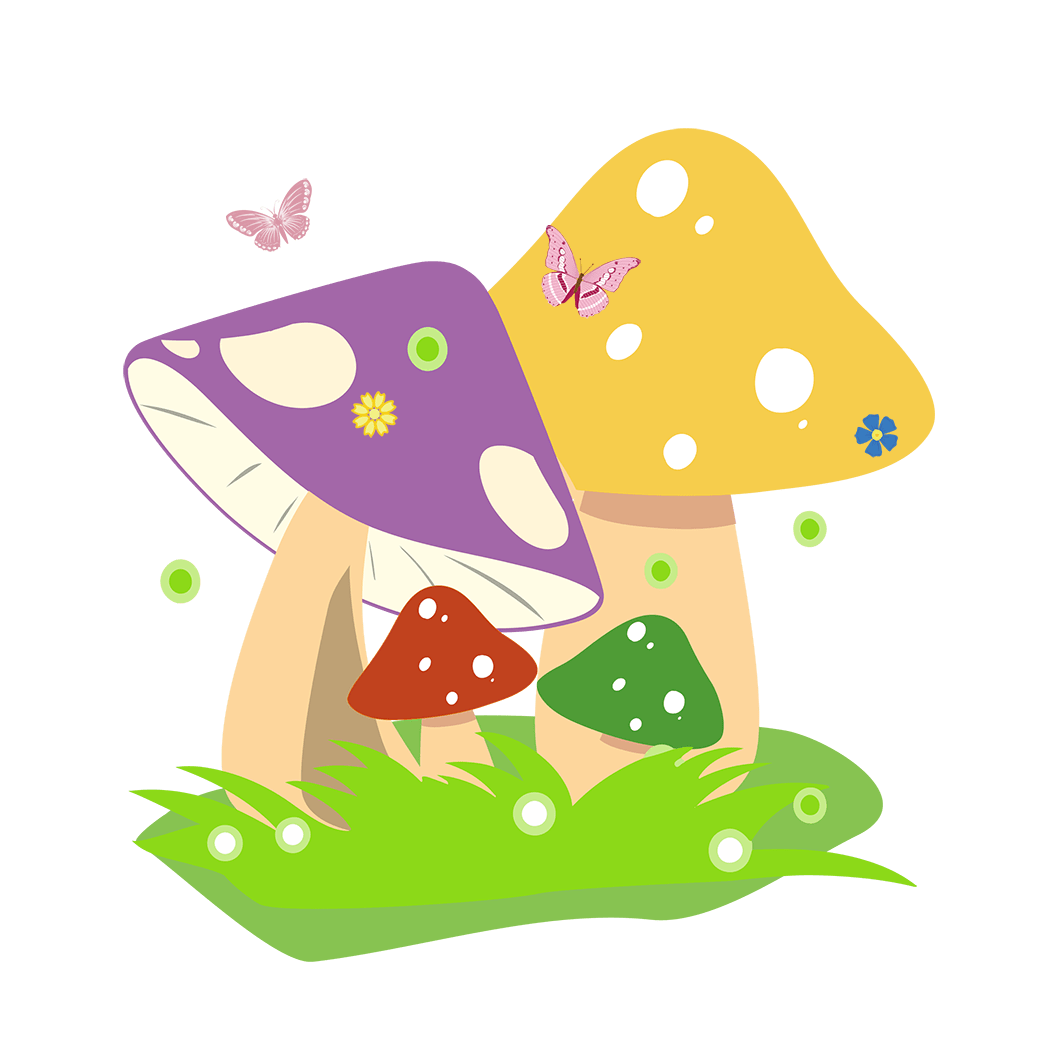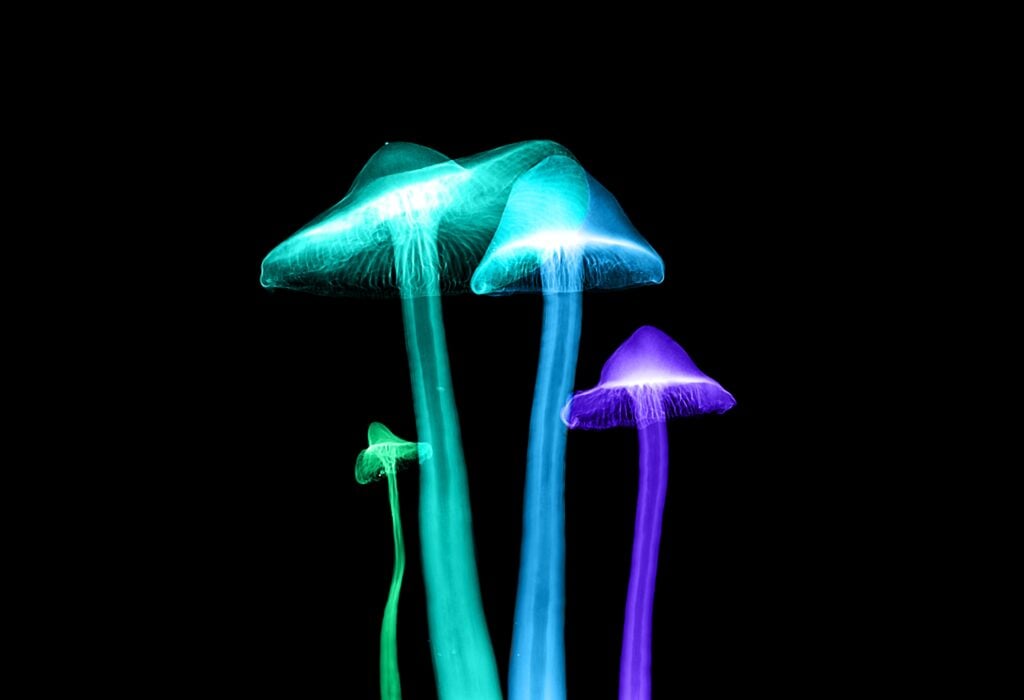Table of Contents
Are Magic Mushrooms Addictive?
Psilocybin is a naturally occurring psychedelic alkaloid found in hallucinogenic or magic mushrooms, like psilocybe cubensis. This until recently prohibited molecule is proving to offer therapeutic benefits and is now far less regulated. Psilocybin is proving to be non-addictive, and is becoming a helpful tool in treating patients.
Throughout history, there is no indication that psilocybin mushrooms have caused addiction. Magic mushrooms containing psilocybin have been consumed for various reasons throughout history. From ceremonial spirituality to recreational uses, mushrooms do not follow the usual patterns that the typical addictive drugs follow.
The human body not only has a high tolerance to prolonged use but Psilocybin’s effect diminishes if used daily, so even psychological addition is not possible. Microdosing mushrooms (ingesting small amounts regularly) requires a schedule that includes days that are non-dosing days, in order for the effects to be felt.

How Psilocybin Works with Our Bodies
Our bodies break down psilocybin into psilocin. This substance affects serotonin levels by binding to serotonin receptors. This increase in serotonin signaling and the increase in serotonin levels cause the hallucinations associated with the magic mushroom trip.
Like other hallucinogenic drugs, psilocybin affects our prefrontal cortex (the abstract thinking and thought analysis part of the brain), affecting mood and perception. Studies reveal that subjects that have psilocybin in the system show stronger activity across several regions of the brain that would normally not interact.
Is Psilocybin Safer than Other Drugs?
Drug safety typically involves two considerations: how addictive it is and how toxic it is to our bodies. When these two criteria are considered, psilocybin ranks as the least harmful and least addictive recreational substance for consumption in existence.
Scientific studies and reviews have shown that the potential for physical and psychological dependence is low, toxicity is low to moderate, and any associated criminal behaviour is negligible. According to a global drug survey ranking a variety of drugs including meth, synthetic cannabis, alcohol, ecstasy, amphetamines, cocaine, LSD, and cannabis, magic mushrooms rank at such a small scale, as to be considered the safest of all of the recreational drugs to users and non-users alike.
When taken responsibly and in the right dose, psilocybin has a safe and pleasurable effect. You can either take enough for a deep dive into an introspective view of enlightened thought or consume small amounts on a schedule (called microdosing). This is an increasingly popular practice that reduces anxiety and improves mood. Microdosing psilocybin also improves social awareness, concentration, and creativity.
A recent controlled study has shown psilocybin to be safe for human consumption. Subjects in the study showed no serious adverse effects, which is encouraging when considering the substance for use in developing new ground-breaking treatments for depression and anxiety. Psilocybin is not only not addictive it is being considered as a way to aid those dealing with addiction.

Are Magic Mushrooms in Your Future?
If you are considering trying magic mushrooms, be assured that you’ll be ingesting the least addictive and least toxic recreational substance in existence. Like any recreational substance, it is important to be responsible and proceed mindfully. Pay attention to your dose and consume it in a responsible manner.
Psilocybin mushroom use is an effective means to achieving positive results, providing that you demonstrate respect for the potency and the effects that psilocybin produces.





